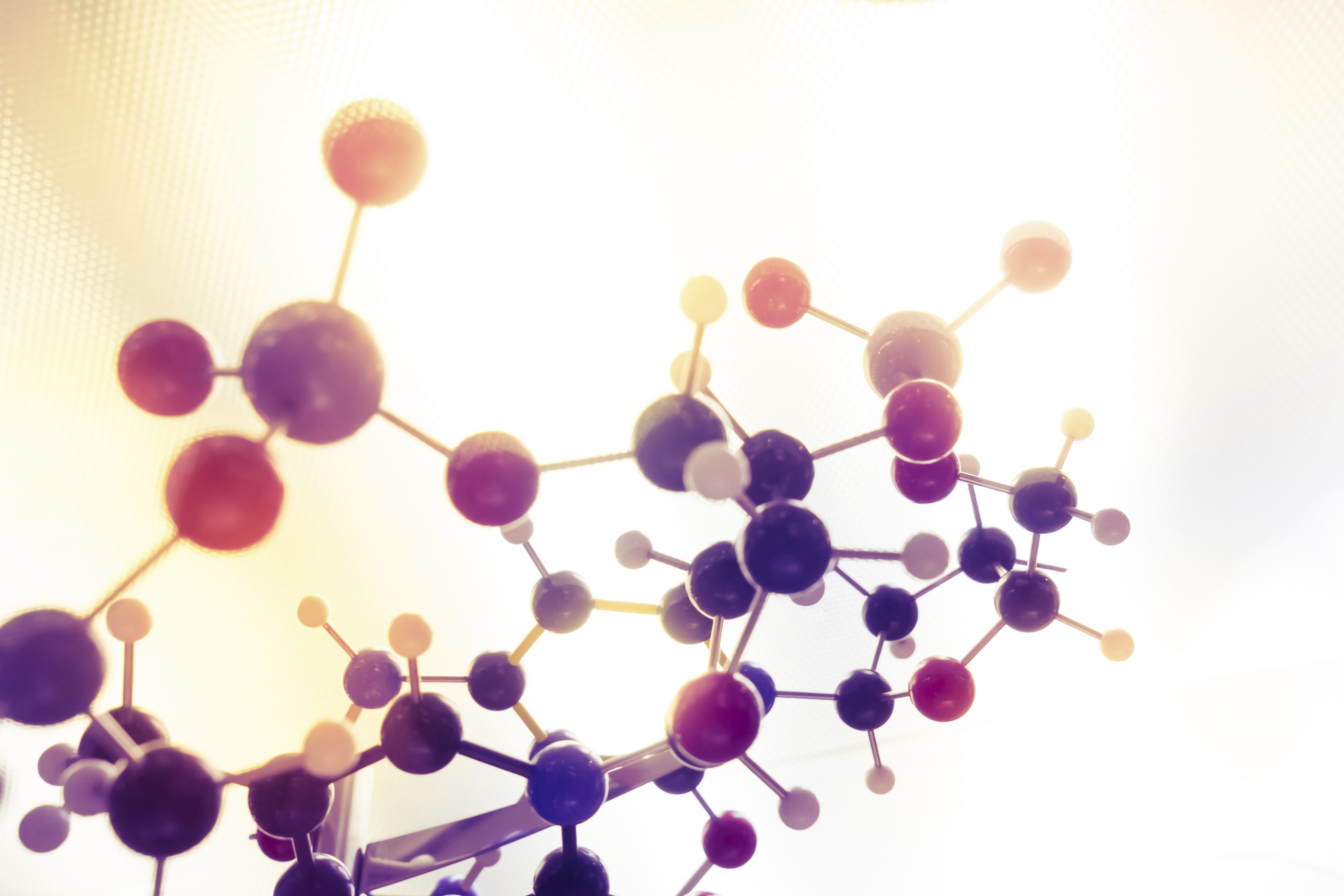Takeda grows in gene therapies again with $2bn Code Bio deal

Takeda has forged another alliance as it continues a push into gene therapy, agreeing a deal worth up to $2 billion with Code Biotherapeutics for opt-in rights to four candidates for rare diseases.
The Japanese drugmaker will get access to Code Bio's 3DNA non-viral genetic medicine delivery platform, initially for a liver-directed programme, and is also interested in deploying the technology for central nervous system disorders.
The deal is mostly back-loaded, with "double-digit million" dollars in upfront payment, research funding and milestone payments.
Interest in non-viral methods of delivering gene therapies has been growing in the face of current scrutiny of the safety of viral vectors like adeno-associated viruses (AAV), with a number of clinical programmes based on AAV under clinical holds imposed by the FDA.
Code Bio's 3DNA vectors are based on pieces of synthetic DNA linked together to form a scaffold that can carry a larger gene sequence than viral vectors, and according to the biotech don't trigger an immune response which might cause side effects or limit the potential for re-dosing.
Those properties were referenced by Takeda's head of rare diseases R&D – Madhu Natarajan – who said in a statement that the partnership "will hopefully enable us to develop re-dosable and durable gene therapies that will be superior to current approaches."
Takeda is the first pharma company to publicise an alliance with Philadelphia-based Code Bio, which launched officially last April with $10 million in seed financing.
The Japanese company has been on a big pipeline-building push in the last couple of years, signing a string of deals with rare diseases and gene and cell therapies featuring prominently.
Last October it signed a $3.6 billion agreement with Poseida Therapeutics on gene therapies for six to eight programmes across liver and haematologic diseases, and another with Selecta Biosciences targeting lysosomal storage disorders valued at $1.1 billion-plus.
In the same month it also bought UK cancer cell therapy specialist GammaDelta, adding to earlier acquisitions of TiGenix and T-cell engager company Maverick Therapeutics.











